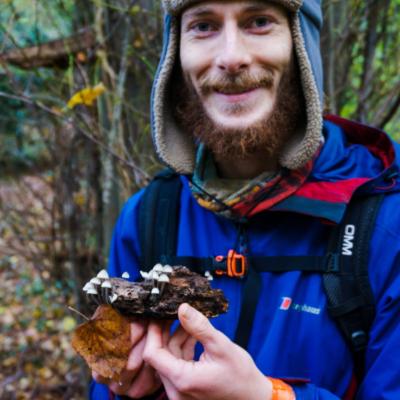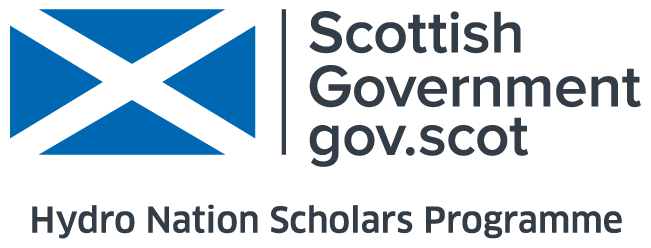Using satellite remote sensing and automated in situ sensors to monitor and predict cyanobacterial blooms in multiple lakes

"Harmful algae poses a serious risk to water supplies. I use artificial intelligence and satellite imagery to find ways to respond faster and more intelligently to this."
Daniel Atton Beckmann is a Hydro Nation scholar and PhD candidate at the University of Stirling.
Cyanobacteria are one of the oldest organisms on the earth. They are incredibly well adapted to a wide variety of climates and habitats, and can be found almost anywhere, including oceans and inland waters. In recent years, agriculture, industry, and urbanisation have led to eutrophication - nutrient enrichment - of important water bodies across the globe. This, alongside a warming climate and changing weather patterns is driving the proliferation of cyanobacterial (blue-green algae) blooms in many areas. Unfortunately, this is problematic - cyanobacteria can produce harmful toxins and so pose a threat to ecosystems, recreational water users, and drinking water supplies.
Daniel's research focuses on finding practical and innovative ways to monitor and forecast cyanobacterial blooms in inland waters using satellite images, meteorological data, and automated in-situ sensors. Some key challenges and questions which Daniel will address are:
- can we create forecasting systems which are applicable to multiple water bodies, including those which are less well-studied?
- can newer satellite missions with higher resolution data allow us to monitor smaller lakes and reservoirs?
- how can data-driven modelling methods (ie. machine learning) be leveraged to provide robust and reliable short-term cyanobacteria forecasts?
Daniel completed his MEng in General Engineering with Electronics at Durham University in 2017, focusing on developing health monitoring systems for wind turbines using novel sensors and machine learning in his Master's project. He has also worked in scientific software development, medical robotics, and as an English teacher. With this broad set of experiences, Daniel is well placed to prototype systems and tools which may, later down the line, become essential by providing early warnings for water managers and guidance to recreational water users.
